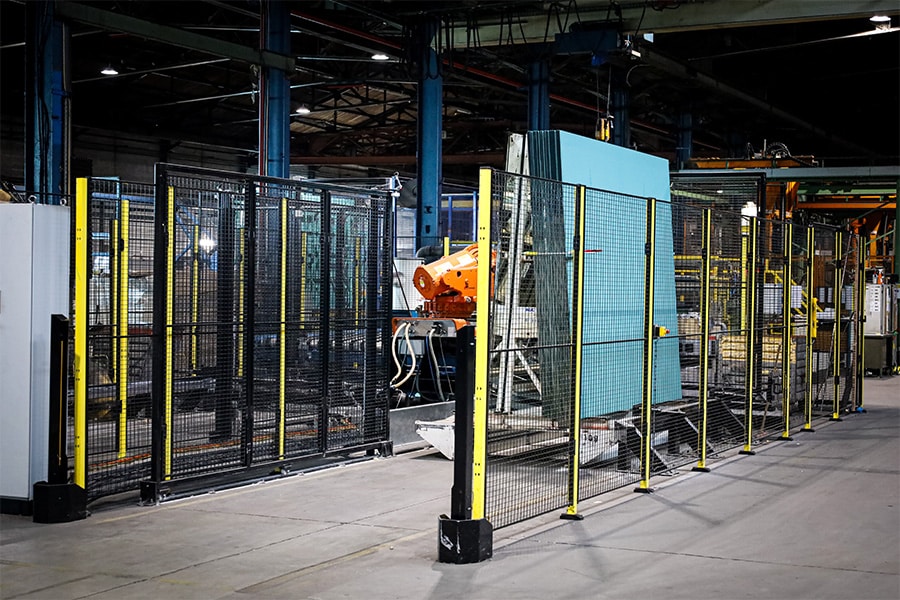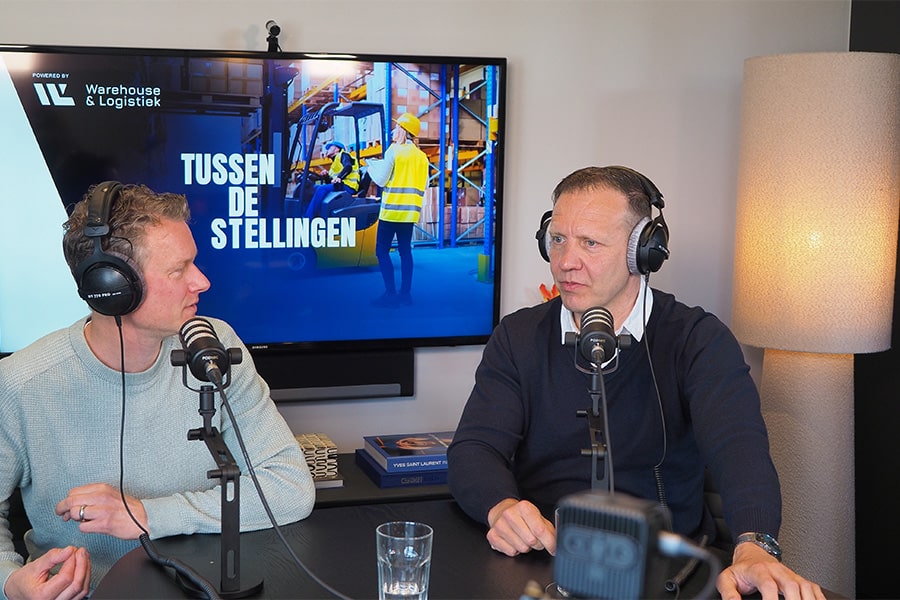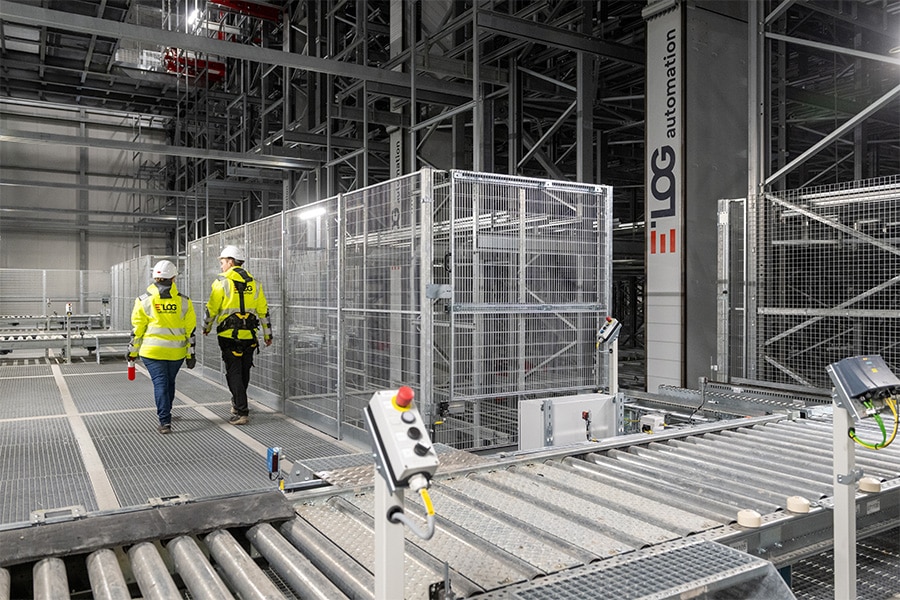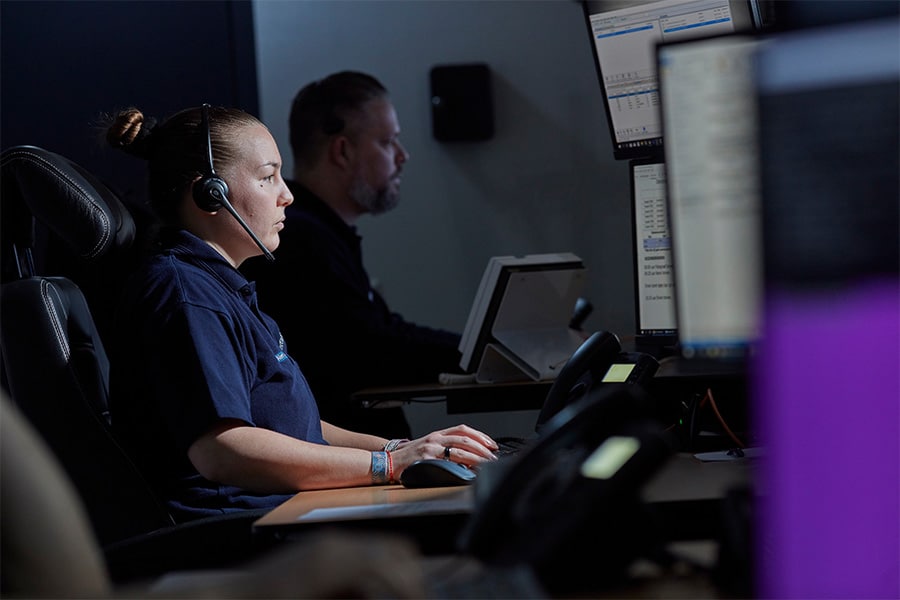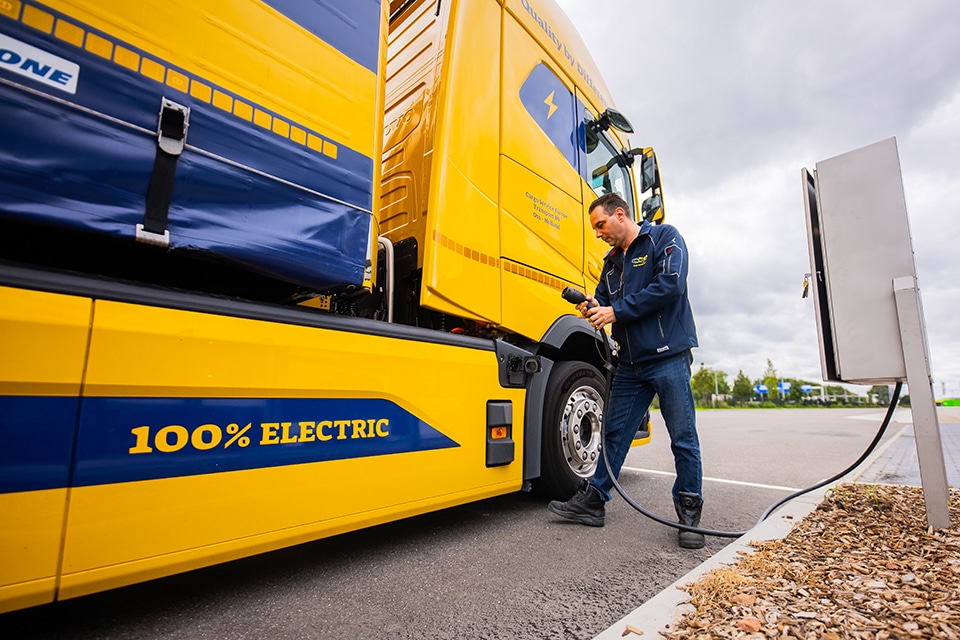
Save on emissions and costs with an LHV
CO2 neutral transport
In its efforts to operate as sustainably as possible, Cargo Service Europe (CSE) has already taken quite a few steps. This logistics provider has specialized in the transport and storage of empty drinking cans for major brands such as Coca-Cola and Red Bull. They are currently working on the next phase of their sustainability strategy which involves test drives abroad with their electric Volvo trucks. Anita Leeijen, Group CFO at CSE, is convinced that in the future, end customers will specifically ask for CO2 neutral transport.

In its efforts to operate as sustainably as possible, Cargo Service Europe (CSE) has already taken quite a few steps. This logistics provider has specialized in the transport and storage of empty drinking cans for major brands such as Coca-Cola and Red Bull. They are currently working on the next phase of their sustainability strategy which involves test drives abroad with their electric Volvo trucks. Anita Leeijen, Group CFO at CSE, is convinced that in the future, end customers will specifically ask for CO2 neutral transport.
"Right now, sustainable transportation is being promoted mainly from our side and customers are responding enthusiastically. But I am pretty sure that in the future they will ask for this themselves."
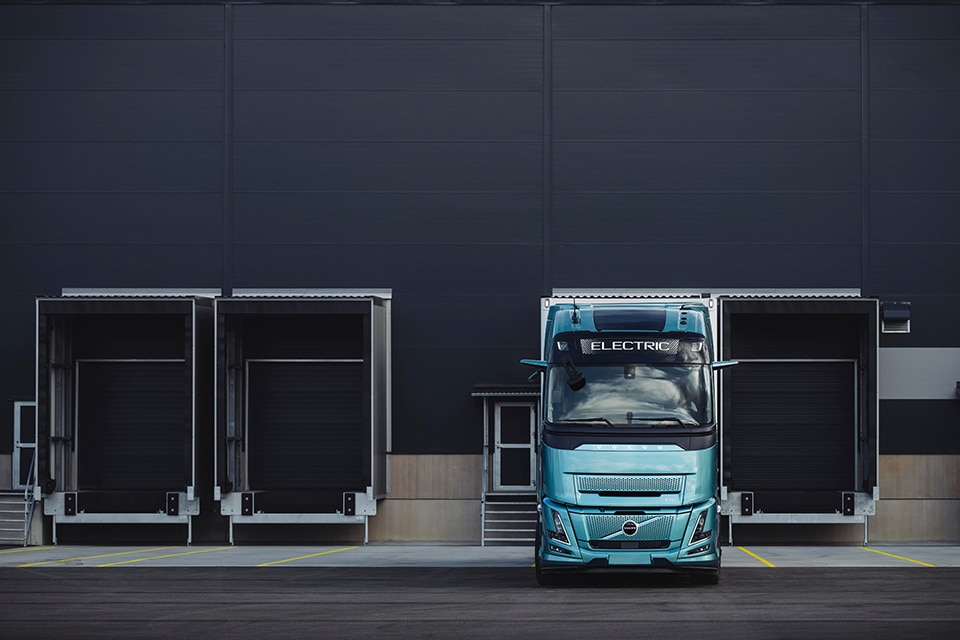
Sustainability Strategy
Unburdening, innovation and sustainability are key components of their business strategy. "Our new sorting machine is a good example of this. Cans are stacked with paper intermediate sheets, called layer cards. Until recently, these were sorted manually, with an employee determining whether such a layer card could last another round. That is subjective and therefore not one hundred percent reliable. That's why we designed a sorting machine that makes sorting faster, more hygienic and more consistent. This leads to fewer rejected sheets and thus less waste."
Optimal charging infrastructure
In addition, CSE has made its transportation quite sustainable. CSE specialized in the transportation and storage of empty drinking cans. Around 2021, they switched from driving on diesel and replaced the entire fleet with trucks running on Bio-LNG and electricity. They consciously chose Volvo Trucks: "We wanted reliable vehicles that offer a good workplace for our drivers and we were looking for an optimal price-quality ratio. We chose Volvo Trucks because they meet these requirements and are known as a partner who thinks along with you. Our choices came about partly because of good advice from our Volvo dealer BAS Truck Center."
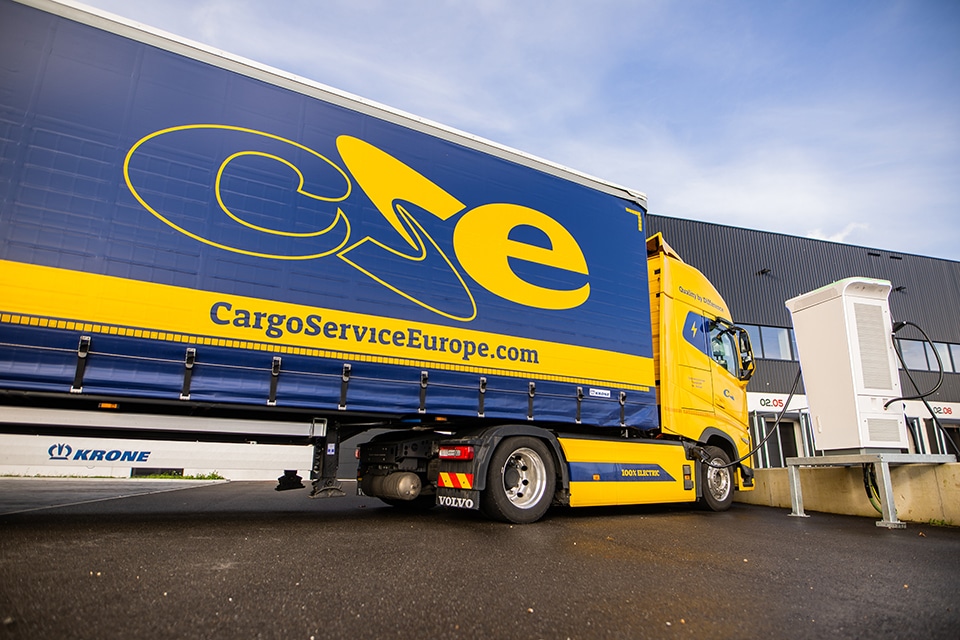
Seventy-five Volvo (Bio-)LNG trucks and four Volvo Electric trucks were purchased. To realize an optimal charging infrastructure, solar panels have been installed on the roofs of their warehouses in Born and Weert and are exploring the same for the Oss location. A private charging station was also installed in Weert, which CSE plans to implement at the other two locations in the future. The warehouses are BREAAM-certified, proving its sustainable performance not only in terms of energy, but across the board: from waste and water to management and health.
Larger payload
Volvo Trucks recently reported that CSE reached the milestone of more than 60,000 kilometers within a few months with the LZV version of the Volvo FH Electric. With an average of over 12,500 kilometers per month, this is the highest number of kilometers achieved to date with this electric combination in the Netherlands. With this deployment, over 150,000 kilometers per year will be achieved. Transport companies are increasingly opting for an LHV because of its greater payload capacity. This is because the increase in fuel consumption, in this case energy consumption, does not outweigh the amount of payload that is gained. At the bottom line, this saves costs and reduces CO2 emissions. Especially when choosing an LHV with a biogas powertrain, such as the Volvo FH460 on (Bio-)LNG from CSE, or an electric truck. "Indeed, we are now also deploying our electric trucks as LHVs to reduce transport movements. And because we then also run on solar or electricity, we are striking a double blow."
Test drives
"In addition, we are currently testing what distance we can cover with the Volvo FH Electric abroad, particularly Germany. We are making test runs with different loads and investigating which charging stations are accessible. Here we are in regular contact with Volvo to discuss what our findings are and which new models we can deploy in the future. For example, we are considering driving the Volvo FH Aero Electric in the future." Especially on long distances, the lower air resistance of the FH Aero provides a positive impact on the range.
